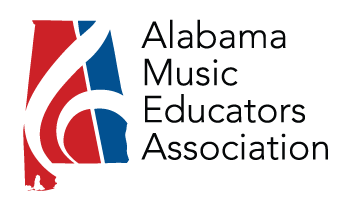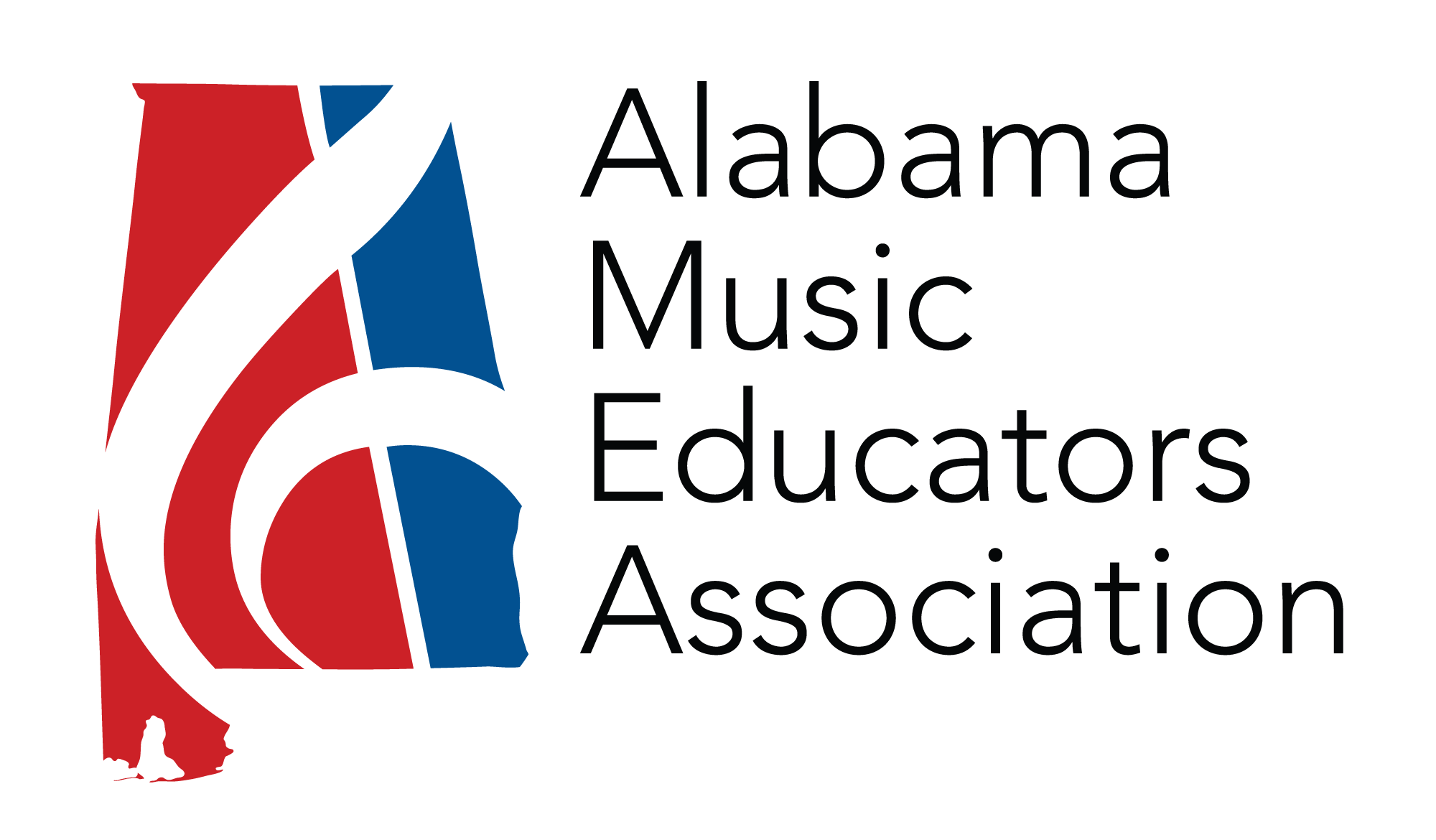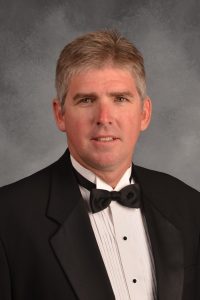 I am humbled and honored to write my first article as the AMEA President. Please forgive me if I make claim to the most unique start of a presidency since 1946. Despite the unique start of my term, I am most certainly excited to work with the amazing team of AMEA Staff and Governing Board. I am well aware the foundation of this association was established by the great leadership of those that came before me. I would like to thank Greg Gumina and Susan Smith for providing me with the mentorship and guidance as I step into this position.
I am humbled and honored to write my first article as the AMEA President. Please forgive me if I make claim to the most unique start of a presidency since 1946. Despite the unique start of my term, I am most certainly excited to work with the amazing team of AMEA Staff and Governing Board. I am well aware the foundation of this association was established by the great leadership of those that came before me. I would like to thank Greg Gumina and Susan Smith for providing me with the mentorship and guidance as I step into this position.
As I write this article, I am still unsure how the fall semester will look for our students. By the time you read this article, my hope is that we all have a clear understanding of how to approach the challenges that lie ahead within our own unique situation. Although the plans have changed and your curriculum may have been altered, one thing that has not changed is the commitment our educators have towards their student’s education.
A truth that is evident in our band program is that adversity can be a great motivator. Adversity is often the tool that bring students together to work as one and overcome enormous obstacles. A beloved former director of mine was once overheard saying, “Students must have a problem to overcome and if they don’t, I will make one up for them”.
One thing is clear, we currently do not have to seek out challenges to overcome; however, we must constantly remind ourselves that challenges are what make us stronger and better at what we do. Challenges are uncomfortable but also give us an opportunity to appreciate what we had and will have in the future. For some, this year may create your most fond memories with your students or your most proud moments as an educator. I challenge you to open your mind and allow those moments to happen. Expect it, accept it, and cherish it.
Spring/Summer Activities
Watching everyone jump into action during the onset of this pandemic was nothing short of an amazing site to witness. Greg quickly gathered the leadership and started collaborating ideas and brainstorming for solutions. Over the coming months, complete websites were developed, Town Halls were organized, resources were gathered, the Advocacy Leadership Force was established, and constant collaboration with NAfME and other state leaders became daily events. Identifying everything that transpired over the summer is more than can be mentioned in this article.
Although the opportunity to advocate for music education at the annual “Hill Day” event in Washington, DC was cancelled, NAfME hosted an outstanding virtual National Assembly that exceeded our preconceived expectations with an online event.
2021 AMEA Conference
Of all the plans AMEA has made over the summer, none have been as difficult as addressing the upcoming conference. The AMEA staff has always provided outstanding conference experiences with each year progressively improving technology, performances, and professional development sessions. Evidence of these improvements can be found in the consistent growth of attendance each year.
The foundation of our conference is based on providing experiences that will expand and promote your professional growth. This year our conference may look different but the goal remains the same. We are committed to provide a conference experience that will be rich with learning experiences.
Division Leadership
Our Division Leaders have done an amazing job going above and beyond the call of duty this summer. We have met as a board more this summer than we typically meet for the entire year. They have eagerly worked to provide back to school guidance documents, emergency “Essential Standards” for programs that must teach virtually, and they remain on standby for any requests received at a moment’s notice. Please help me thank your Division Leaders for the work they have done, and will continue to do, as we navigate through these times.
Goals and Agenda
As your president, I will focus my efforts to achieve a set of goals I feel will continue the forward progress of AMEA. These goals will continue the path my predecessors have established in the advancement of music education in our state.
We must promote unity between our divisions by communicating often and share ideas of successful practices. Despite being called “Divisions,” we must be united to provide a stronger association that is more efficient in providing opportunities for our students.
We will enrich our advocacy efforts to provide more resources for members by adding tools to promote music education in your own school system. We must all take an active part and speak the same language to the system leaders across our state in order to be effective in our efforts.
Support for our teachers should be established by building relationships with legislators and school leaders across our state. We know how essential music education is and we must invite everyone to be a part of the benefits we bring to the education system. The future of music education is dependent upon our emerging leaders and the recruitment of new teachers. We will promote and share the successes and achievements of our amazing educators in order to inspire and recruit those that will one day take our place.
Most of these goals rely on our ability to improve communication with our membership. We will advance our technology to provide innovative ways to stay connected throughout the year as well as provide unique opportunities for professional development.
I feel we have entered a defining moment for music education and you are a part of the history that is taking place. Write your story well and always remember to expect great things, accept the challenges, and cherish the rewards.
David Raney

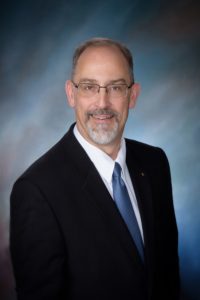 In the last 5 months, there have been so many opportunities for personal and professional growth during this very uncertain time. We’ve seen people and companies give of their time and resources to come together and help our programs and our students in ways that we have never seen. We have watched as many people have put on their thinking caps and have not given up, when that would have been easiest thing to do, but have blazed a trail using various kinds of technology to show us that we can do what we do in so many different ways, and that brings us all to today.
In the last 5 months, there have been so many opportunities for personal and professional growth during this very uncertain time. We’ve seen people and companies give of their time and resources to come together and help our programs and our students in ways that we have never seen. We have watched as many people have put on their thinking caps and have not given up, when that would have been easiest thing to do, but have blazed a trail using various kinds of technology to show us that we can do what we do in so many different ways, and that brings us all to today. Is it possible to feel exhausted before a new academic year has started? For many classrooms, the prospect of a Plan A, B, C, and D can become reality at any moment. Virtual or hybrid instruction poses hundreds of technical logistics to overcome, as music education incorporates so much tactile and experiential learning. Fortunately, Alabama has some of the nation’s finest music teachers who are constantly innovating unique ways to connect students with the music curriculum.
Is it possible to feel exhausted before a new academic year has started? For many classrooms, the prospect of a Plan A, B, C, and D can become reality at any moment. Virtual or hybrid instruction poses hundreds of technical logistics to overcome, as music education incorporates so much tactile and experiential learning. Fortunately, Alabama has some of the nation’s finest music teachers who are constantly innovating unique ways to connect students with the music curriculum.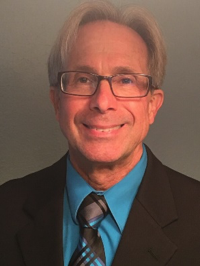 I never thought that I would want to go back to school this bad. (That’s abnormal.) I’ve got plenty of work to do, and plenty of stress to deal with. But to be honest, I miss my students and I miss being a music teacher. If you’re reading this, you know what I’m talking about. A school is a unique microcosm filled with its own relationships and interactions. Throw music into the mix and it’s a great place to be. Why would I want to be anywhere else? I’m ready to rehearse!
I never thought that I would want to go back to school this bad. (That’s abnormal.) I’ve got plenty of work to do, and plenty of stress to deal with. But to be honest, I miss my students and I miss being a music teacher. If you’re reading this, you know what I’m talking about. A school is a unique microcosm filled with its own relationships and interactions. Throw music into the mix and it’s a great place to be. Why would I want to be anywhere else? I’m ready to rehearse!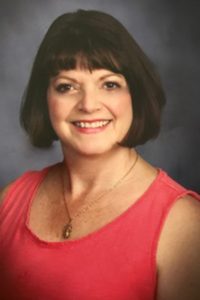 Normally, this article would focus on getting back into the classroom and the start of a brand-new school year. It would be filled with optimism and joy about lesson planning and getting to see our colleagues and students again. This year, not so much. This year many teachers are filled with anxiety and fear about returning to the classroom. Many teachers are faced with the new challenges of social distancing, sanitizing instruments, and teaching online or teaching on a cart. To top it all off, Principals and Superintendents don’t have the answers to many of the questions that teachers and parents have. We are all doing our best to address multiple scenarios that may arise due to COVID-19.
Normally, this article would focus on getting back into the classroom and the start of a brand-new school year. It would be filled with optimism and joy about lesson planning and getting to see our colleagues and students again. This year, not so much. This year many teachers are filled with anxiety and fear about returning to the classroom. Many teachers are faced with the new challenges of social distancing, sanitizing instruments, and teaching online or teaching on a cart. To top it all off, Principals and Superintendents don’t have the answers to many of the questions that teachers and parents have. We are all doing our best to address multiple scenarios that may arise due to COVID-19.